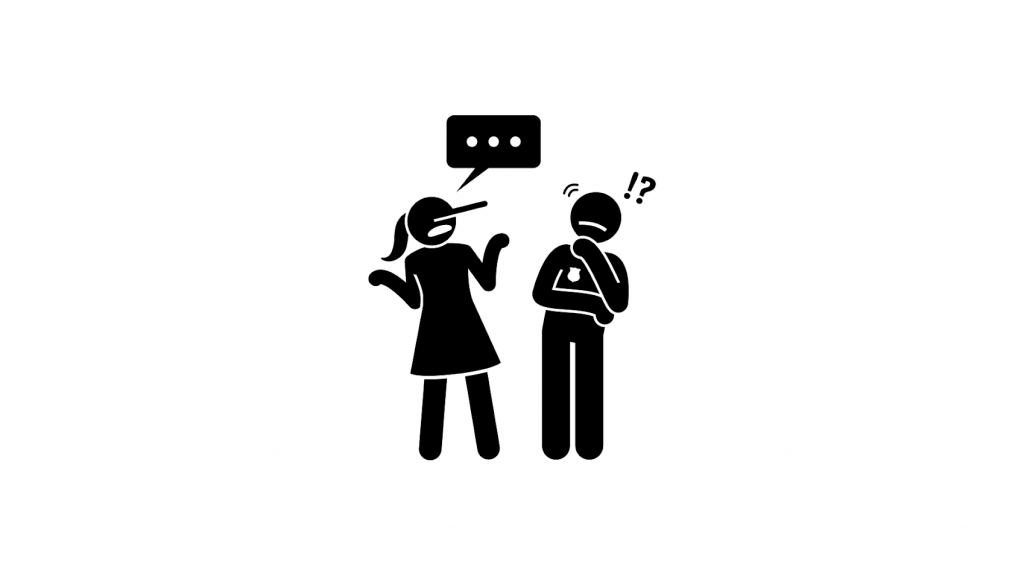Image: Isaac Fick | Marlin Chronicle
With artificial intelligence’s (AI) dissemination into classrooms, professors from academic disciplines ranging from philosophy to the visual arts have taken on various tactics to confront its presence.
“Whether we like it or not, it’s going to be the prevailing technology of the future,” Associate Professor of Digital Art Derek Eley said.
“If we want to be seen as people that understand it, and if we want to be able to introduce it [to curriculum in colleges], just like with any burgeoning technology, we have to be early adopters,” Eley said.
Similarly, Levi Tenen, assistant professor of Philosophy and coordinator of the Ethics Bowl, said “there is an inevitability built in,” comparing the increased usage of generative AI to the printing press and cars.
Tenen does not allow students to use AI for idea generation, including outlines, theses and arguments. Additionally, sources have to be real sources, not AI. “I’m a philosopher, and I feel like that’s a discipline, maybe more than anywhere else, where people’s ideas are what matter,” Tenen said.
“AI tools like Grammarly and ChatGPT, or any AI editing software, are considered academic dishonesty by the English department because they undermine students’ ability to write their own ideas,” Jennifer Slivka, associate professor of English, said.
As such, Slivka has gone with old school pen and paper journals to combat the growing usage of AI in higher education, saying that studies have shown that information retention is often higher when students take notes by hand rather than typing.
Survey data from Sept. 30 by Inside Higher Ed discovered that “the average student who uses generative AI does so to get a direct answer, not to learn.”
“I want the work that comes from me to be my words and my words only,” senior Amalia Houff said. She does not use AI and therefore said it does not affect her academic integrity.
Freshman Caddy Lang uses AI programs for studying, finding sources and organization. “Honestly, since getting into college I haven’t noticed much AI usage among my peers,” Lang said.
Tenen said AI tools like ChatGPT and Grammarly can affect students’ academic confidence and integrity. “Somebody who uses AI basically tells me that they’re not important enough to be listened to on their own. They don’t have good enough ideas, or they’re not working hard,” Tenen said.
“I definitely think that there are larger implications for people who don’t really understand how to write using their own voice and heavily rely on AI,” Houff said. “They become unable to do timed written exams or truly think for themselves about topics, and that’s a really unfortunate side effect of things getting quicker and easier.”
Tenen said not using AI is harder, and to “be comfortable with being uncomfortable.” Though convenient, Tenen urges students to turn away from solely using AI and to talk to other people about the ideas and concepts they may be struggling with.
Slivka said artificial intelligence usage in the classroom creates less independent thinkers and negatively impacts students’ critical thinking skills. “Someone might say, ‘I’m just going to use [AI programs] to check this, to brainstorm or to fix an awkward sentence,’ but it’s a slippery slope,” Slivka said. “If given the chance, [AI] can write the whole paper for you.”
Eley does not share the same outlook. Eley’s tactics for confronting the presence of AI requires students to learn how to utilize specific AI programs on some level.
“It’s hard not to, especially with a generation that uses it increasingly more often for things outside of school, but my advice is just don’t use it.” Slivka said.
“[AI] gets people to focus on outcomes and less on process, which is a trend that’s already happened,” Tenen said. Lang said it makes it tempting to put less effort into work.
“If you’re a student, I would definitely experiment and develop your own philosophy on it,” Eley said. He said students’ education does not have to be limited to lectures.
By: Mars Smith
rssmith@vwu.edu

